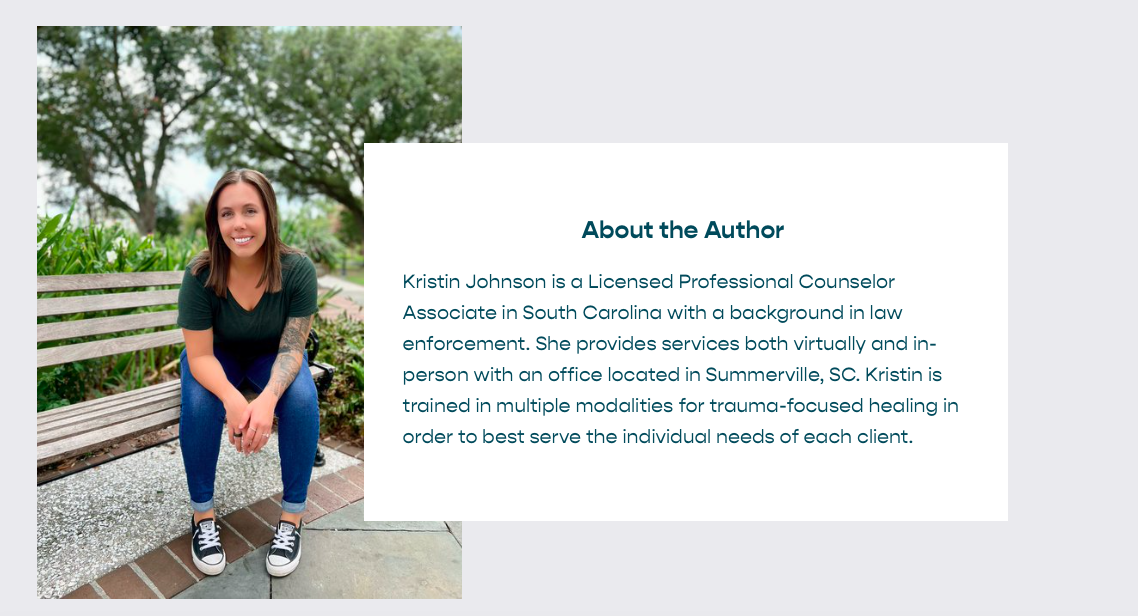The Role of Couples Counseling in Strengthening Partnerships
Relationships are one of the most rewarding aspects of life, but let’s be honest—they’re not always easy. Whether you’re navigating ineffective communication, a lack of intimacy, or broken trust, it’s normal for couples to face challenges at various points in their journey. The good news is that couples counseling can provide a supportive space to address these issues and strengthen your partnership.
If you’re considering couples counseling, this blog will help you understand its benefits, how it works, and what to expect.
Why Consider Couples Counseling?
Couples counseling isn’t just for relationships on the brink of collapse. It’s a proactive way to nurture your connection, work through challenges, and build a stronger foundation for the future. Here are some common reasons couples seek counseling:
Ineffective Communication: Misunderstandings, frequent arguments, or difficulty expressing feelings can create distance in a relationship.
Lack of Intimacy: Emotional or physical disconnect can leave one or both partners feeling unfulfilled.
Broken Trust: Infidelity, dishonesty, or other breaches of trust can deeply impact a relationship.
Life Transitions: Major changes like having children, career shifts, or relocation can introduce new stressors.
Recurring Conflicts: Unresolved disagreements or patterns of conflict can create tension over time.
No matter what brings you to counseling, the goal is to foster understanding, healing, and growth—together.
Benefits of Couples Counseling
Improved Communication: Learn to express your needs in a way your partner understands, listen effectively, and resolve conflicts in a healthy way.
Rebuilding Trust: Address the root causes of trust issues and work toward repairing and strengthening your bond.
Enhanced Intimacy: Rediscover emotional and physical closeness by exploring underlying barriers.
Conflict Resolution Skills: Develop tools to manage disagreements constructively, rather than letting them escalate, or maybe worse….completely ignoring the issue.
Increased Self-Awareness: Gain insight into your own emotions, triggers, and behaviors, as well as your partner’s. When we take time to reflect on our contributions to a situation, we often realize we did in fact contribute—and not in the most positive way.
Strengthened Connection: Deepen your understanding of each other and create a shared vision for the future. Couples counseling sessions can be fun! It doesn’t always have to include discussing all of the fights you had with one another that week.
Couples counseling offers a safe, neutral space where both partners can feel heard, supported, and validated.
How Does Couples Counseling Work?
Couples counseling typically involves joint sessions with a licensed therapist who specializes in relationships. The process will depend on the therapist, but here is a generalized idea of what the process might look like:
Initial Assessment: The first session is about understanding your relationship dynamics, challenges, and goals. This is a time to share your perspectives openly.
Setting Goals: Together, we’ll identify what you hope to achieve in counseling, whether it’s improving communication, rebuilding trust, or strengthening intimacy.
Skill-Building and Reflection: Sessions often focus on practical tools and exercises to help you navigate challenges. You’ll also explore deeper patterns and dynamics.
Homework Assignments: Between sessions, you may practice new skills or reflect on specific topics to continue the work outside of therapy.
Ongoing Evaluation: Throughout the process, we’ll assess progress and adjust the focus of sessions as needed.
Couples counseling isn’t about assigning blame; it’s about working as a team to create a healthier, happier partnership where both people feel seen and understood.
FAQs About Couples Counseling
1. Is couples counseling only for married couples?
Not at all. Couples counseling is for any committed partnership, whether you’re dating, engaged, married, or in a long-term relationship.
2. What if my partner is hesitant to attend?
It’s common for one partner to feel unsure at first. We often have this misconception that we shouldn’t need help and we should be able to “make our relationship work” on our own. If that were the case, there’s a lot of relationship counselors out there that wouldn’t have a job right?!
3. How long does couples counseling take?
The timeline varies based on your goals and challenges. Some couples see improvement in just a few sessions, while others benefit from more long-term support. True commitment and consistency with sessions is often vital in the process.
4. Will the therapist take sides?
No. The role of the therapist is to provide a neutral, supportive space for both partners to feel heard and understood.
5. Can couples counseling help if we’re considering separation?
Yes. Counseling can provide clarity and guidance, whether your goal is reconciliation or navigating separation in a healthy way.
Ready to Strengthen Your Partnership?
Relationships require care, commitment, and sometimes a little outside support. Couples counseling offers a compassionate space to address challenges, deepen your connection, and move forward together with greater understanding and trust.
As a South Carolina licensed therapist, specializing in couples counseling and trauma therapy, I’m here to help you navigate your unique journey. I would love to work together to create the relationship you both deserve.
Schedule a free consultation today to learn more about couples counseling and how it can benefit your relationship (available for South Carolina residents only).

